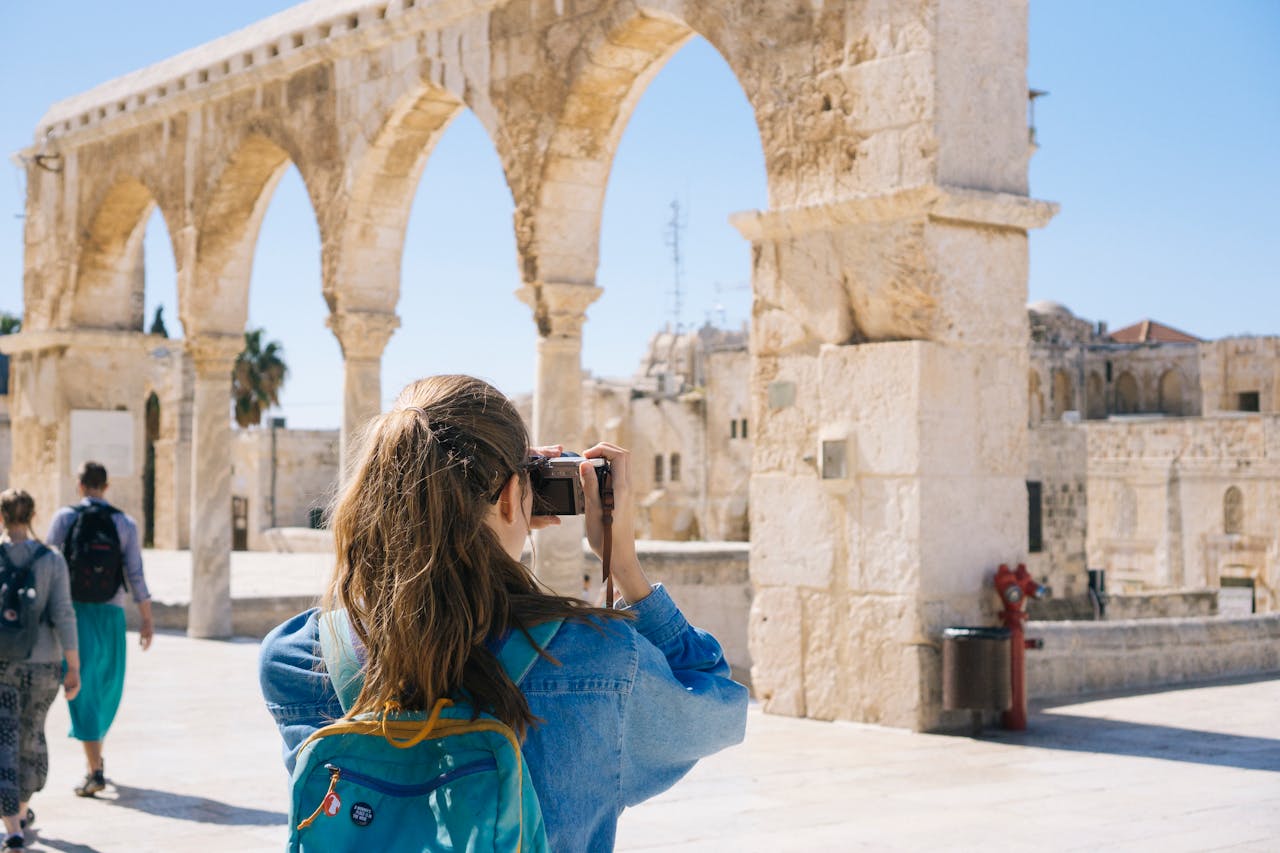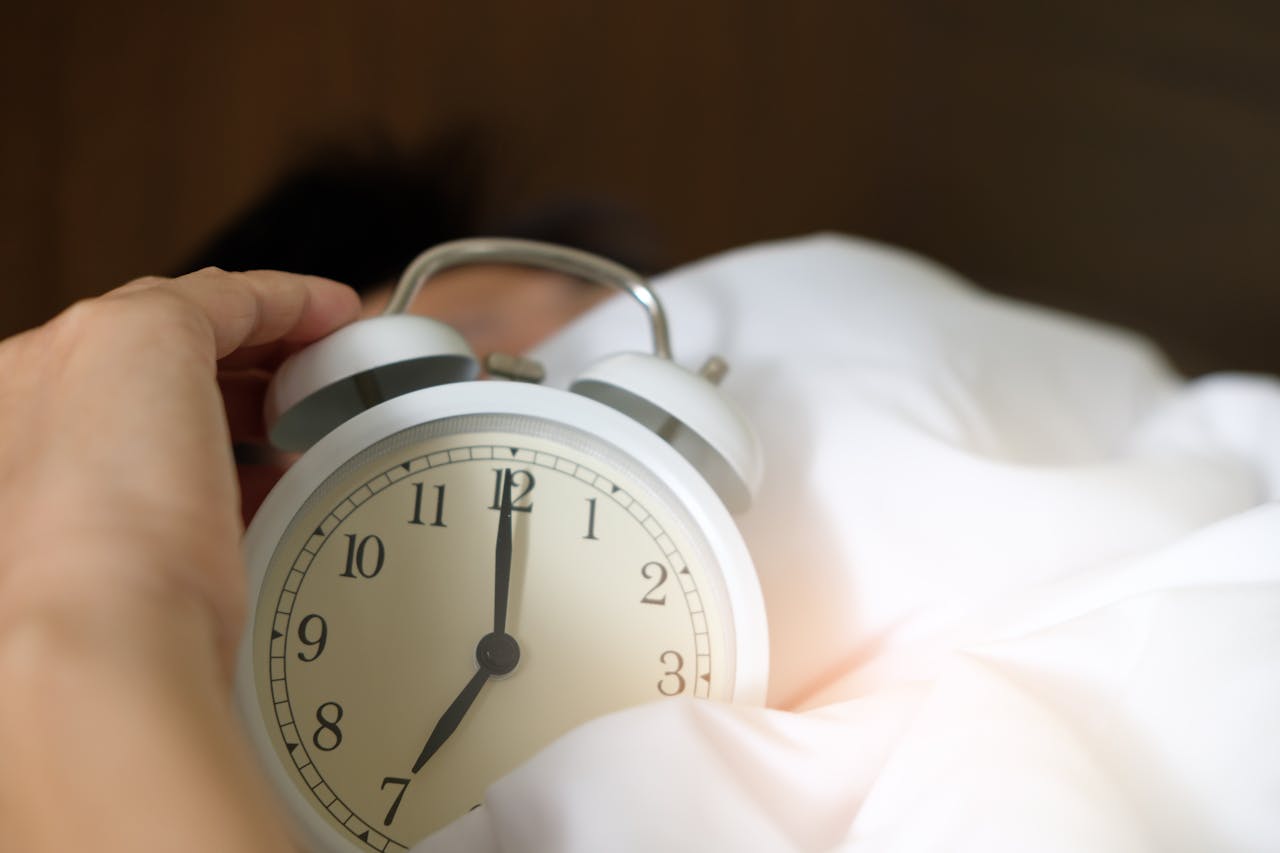Traveling to a bustling city is an exhilarating experience. From exploring iconic landmarks to indulging in local cuisines, city travel offers endless opportunities for adventure. However, amidst the excitement, one crucial aspect often overlooked is sleep. Quality sleep is not just a biological necessity but a vital component in ensuring you fully enjoy and maximize your urban escapades. This article delves into the role of sleep in enhancing your city travel experience, highlighting its importance, challenges, and practical solutions.

Introduction: Sleep and Travel – An Overlooked Connection
City travel can be both thrilling and exhausting. The constant sensory stimulation, long itineraries, and unfamiliar environments can take a toll on your body and mind. Sleep plays a pivotal role in rejuvenating your energy levels, sharpening cognitive functions, and maintaining overall well-being during your travels. Yet, many travelers neglect this essential aspect, leading to fatigue and diminished experiences.
As the concept of sleep tourism gains traction globally, it underscores the growing recognition of sleep as an integral part of travel. Whether you’re navigating through New York’s Times Square or savoring street food in Bangkok, prioritizing sleep can significantly elevate your journey.
Why Sleep Matters During City Travel
1. Recharging Energy for Exploration
City travel often involves extensive walking, late-night activities, and early morning schedules. Sleep helps replenish energy levels, enabling you to keep up with the demands of urban exploration without feeling drained.
2. Enhancing Cognitive Function
A well-rested mind improves memory retention and decision-making skills—essential for navigating unfamiliar streets or planning your itinerary. Sleep deprivation, on the other hand, can lead to irritability and poor judgment.
3. Boosting Emotional Well-being
Travel can sometimes be stressful due to language barriers, cultural differences, or unexpected delays. Quality sleep reduces stress hormones like cortisol and promotes emotional stability.
4. Strengthening Immunity
Crowded cities expose travelers to various germs and pollutants. Adequate sleep strengthens the immune system, reducing the risk of falling ill during your trip.
Challenges to Sleep During City Travel
1. The “First Night Effect”
This phenomenon refers to lighter sleep on the first night in a new environment due to heightened brain activity as a survival mechanism. It can disrupt deep sleep cycles.
2. Noise Pollution
Cities are notorious for their noise—honking cars, bustling streets, and nightlife—all of which can interfere with restful sleep.
3. Jet Lag
Crossing time zones can desynchronize your internal body clock, making it difficult to fall asleep at night or stay awake during the day.
4. Unfamiliar Sleeping Environments
Hotel beds that are too soft or firm, different room temperatures, or even unusual scents can impact sleep quality.
Practical Tips for Better Sleep While Traveling
1. Choose Sleep-Friendly Accommodations
- Opt for hotels or rentals that prioritize sleep amenities such as blackout curtains, soundproof rooms, and high-quality mattresses.
- Look for accommodations offering sleep tourism packages with features like aromatherapy or weighted blankets.
2. Maintain a Consistent Sleep Schedule
- Try to go to bed and wake up at the same time daily to regulate your circadian rhythm.
- Gradually adjust your sleep schedule before traveling across time zones to minimize jet lag.
3. Create a Relaxing Bedtime Routine
- Engage in calming activities like reading or meditation before bed.
- Avoid screens at least an hour before sleeping as blue light disrupts melatonin production.
4. Manage Environmental Factors
- Use earplugs or white noise apps to drown out city sounds.
- Adjust room temperature to a comfortable level (ideally between 60–67°F or 15–19°C).
5. Stay Physically Active
- Walking around the city during the day helps tire your body naturally.
- Avoid heavy meals or caffeine close to bedtime as they can interfere with sleep onset.
The Rise of Sleep Tourism: A Game-Changing Trend
Sleep tourism is revolutionizing how travelers approach vacations by placing rest at the forefront of their experiences. This trend has led hotels and resorts worldwide to design programs specifically aimed at improving guests’ sleep quality.
Features of Sleep Tourism Packages
| Feature | Description |
| High-Tech Beds | Smart mattresses that adjust firmness based on body weight. |
| Aromatherapy | Essential oils like lavender promote relaxation and better sleep. |
| Meditation Sessions | Guided practices such as yoga nidra help calm the mind before bedtime. |
| Personalized Pillow Menus | Options ranging from memory foam to hypoallergenic pillows. |
| Noise Reduction Technology | Soundproof rooms ensure uninterrupted rest even in busy cities. |
Sleep Strategies for Specific City Scenarios

1. Business Travelers
Business trips often involve tight schedules and high stress levels:
- Use power naps strategically during downtime.
- Select hotels near meeting venues to reduce commute-related fatigue.
2. Nightlife Enthusiasts
For those enjoying vibrant city nightlife:
- Plan for later wake-up times if possible.
- Stay hydrated and avoid alcohol close to bedtime.
3. Family Travelers
Traveling with children can disrupt sleep patterns:
- Bring familiar items like blankets or toys to comfort young ones.
- Stick to their regular bedtime routines as much as possible.
The Science Behind Sleep Tourism
Research highlights how environmental changes impact travelers’ sleep health:
- A study found that individuals with high hotel satisfaction were less likely to experience insomnia during trips.
- Exposure to natural sunlight during morning city tours helps reset circadian rhythms disrupted by jet lag.
- Activities like forest walks or park visits in urban settings improve mental clarity and reduce stress hormones.
Conclusion: Prioritize Sleep for Memorable City Adventures
Sleep is not just an afterthought—it is a cornerstone of any successful city travel experience. From boosting energy levels to enhancing emotional well-being, prioritizing rest ensures you make the most of every moment in a new destination.
As travel trends evolve, incorporating elements of sleep tourism into your plans can transform how you explore cities worldwide. Whether it’s choosing accommodations designed for restful nights or adopting simple strategies like maintaining consistent routines, investing in quality sleep will leave you refreshed, recharged, and ready for adventure.
So next time you plan a city getaway, remember: a good night’s sleep is just as important as ticking off landmarks from your bucket list!

